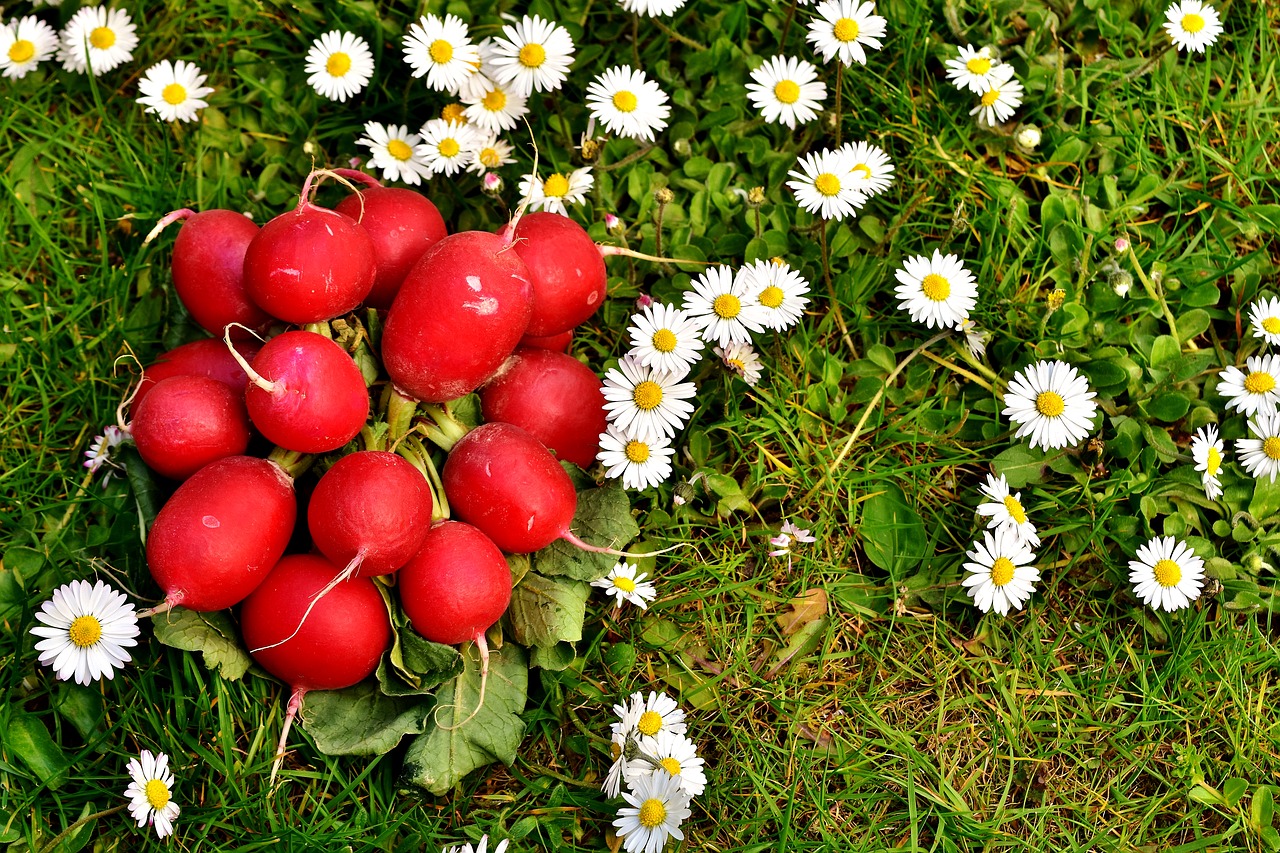The Most Beneficial Spring Vegetables

All green vegetables are beneficial for the body. Spring vegetables provide some of the highest levels of vitamin K, iron and phytonutrients that protect the body from chronic diseases. Take a look at the list of the most useful spring vegetables that have an abundance of useful substances:
1. Artichoke is a culinary delicacy of the spring. It helps in improving digestion, and is rich in inulin, a probiotic that helps in the growth of beneficial intestinal bacteria. It contains healing ingredient called cyanine, which stimulates the secretion of bile juice and enhances the breakdown of fat. These ingredient however is lost when vegetables are cooked and when the leaves are used for tea.
2. Asparagus is a superfood rich in vitamin A, phosphorus, calcium and potassium. They are rightly considered an aphrodisiac not only for men but also for women. Asparagus is a good choice for your diet if you want to lose weight. Asparagus contains about 70% of the recommended daily amount of vitamin K, which helps in relocation of bone calcium, and 20% of the recommended daily intake of vitamin A, which helps the immune system. It is also an excellent source of protein and folic acid. In addition, consuming asparagus before drinking alcohol prevents hangover.
3. Peas is one of the first spring vegetables and a very useful food for the female hormones. Just one cup of peas can provide the daily amount of vitamin C. Peas is one of the best sources of thiamine or vitamin B1, which improves your mood and fights depression.
4. Fresh green garlic lowers blood pressure and reduces the risk of heart disease. It contains a lot of vitamin C, potassium, calcium, quercetin, which is a strong antioxidant, and contains fiber. Garlic prevents many diseases, from dermatological diseases to cancer.
5. Lettuce is one of the vegetables, which reduces the risk of breast cancer and diabetes, and helps for better digestion.
6. Radishes are extremely nutritious, containing almost one-third of the recommended daily amount of vitamin C. They help prevent cancer. Radishes contain vitamins A, B1, B2, B3, C and PP. They are rich in mineral salts of iron, phosphorus, potassium, calcium and sodium. In their composition they have enzymes, essential oils, cellulose and pectin. The leaves are also not to be ignored, as they contain more vitamin C, calcium and protein than the radishes themselves.
7. Arugula fills the body with magnesium, which is an important mineral for bone strength and the immune system. Arugula also helps in the fight against ulcers.
8. Spinach is an excellent source of vitamin C and folic acid. It strengthens the immune system and helps against allergies. Spinach is rich in betaine compound, as well as lutein and zeaxanthin, which are two phytochemicals that may help prevent age-related macular degeneration, a leading cause of blindness. Spinach is rich in magnesium, which is useful for the brain, helping to healthy muscles and reduces the risk of diabetes.


